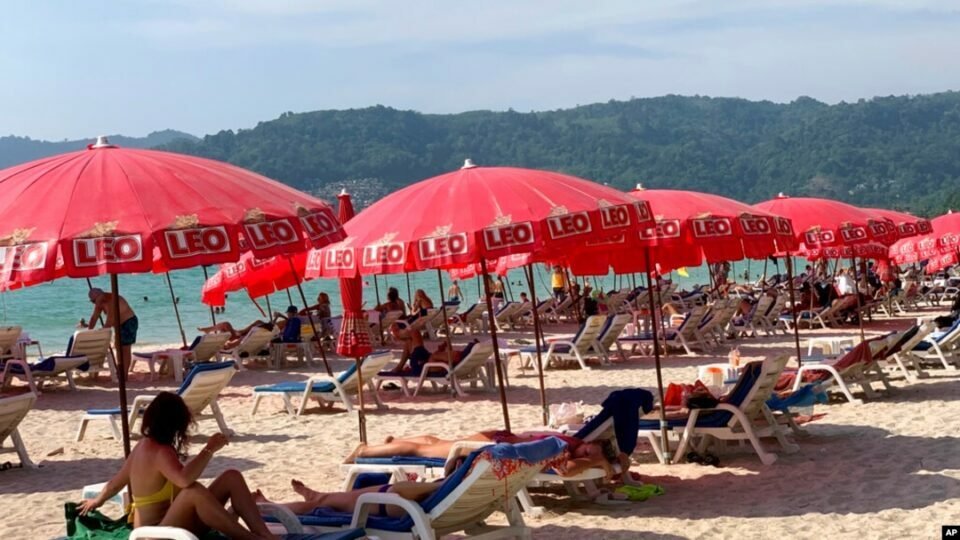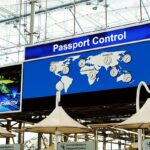After plenty of debate, soul-searching and warnings from the private sector, the Minister of Sports and Tourism has decided to go ahead with its plan to collect “Kha Yeap Pan Din” — the 300-baht fee to be levied on foreign tourists, except those in the country for a oneday visit.
Last week, several reports claimed Sports and Tourism Minister Phiphat Ratchakitprakarn will ask the cabinet to approve the levy in October.
If the cabinet gives the fee the green light — something which is very likely to happen — collection will begin starting on April 1 next year.
The ministry has been planning to collect such fees since late in 2019, saying the government had to spend over 400 million baht in taxpayers’ money to cover foreign travellers’ medical expenses. Revenues from “Kha Yeap Pan Din” policy, it said, will offset this cost.
It is said that 50 baht out of the 300-baht fee collected will be used to purchase health insurance that provides tourists with up to 500,000-baht coverage for injuries or one million baht in the case of death.
The rest, meanwhile, will go to the Tourism Revolving Fund to further develop tourism services and related facilities.
If five million foreign visitors come to visit Thailand once levy collection begins, then the government can expect to receive some 1.5 billion baht in revenue, the levy’s proponents had estimated.
Tourism taxes are nothing new, with about 40 countries charging such charges to foreign travellers for various reasons. Japan has its Sayonara Tax, while foreign tourists arriving in Bali, Indonesia are charged a US$10 (about 360 baht) local development tax.
France has its Taxe de Sejour, which effectively charges every adult tourist US$5.71 per day, while the different US states charges varying occupancy tax rates on every hotel booking. Bhutan takes the cake, charging foreigners US$200 per person per day to visit the kingdom.
Despite the tempting revenue it can bring, the government needs to handle the Kha Yeap Pan Din charge with care, to avoid any negative impact on the recovering tourism industry.
Indeed, critics — who include local tourism operators, politicians and high-profile industry figures such as Tony Fernandes, the acting group chief executive of AirAsia X — have urged the government to think twice.
Last week, Mr Fernandes warned the collection process and the fee — despite the small amount — could put off people from travelling to Thailand and thus impact travel demand. “The income that tourists bring is far greater than a fee of $8 or $9 per head,” said Mr Fernandes.
Meanwhile, Jakkaphon Tangsutthitham, a Pheu Thai MP for Chiang Mai, urged the government to require tourists to purchase medical insurance instead.
The ministry should heed these warnings. The fact is, while countries in the region are competing to attract tourists and therefore removing unnecessary hurdles which make travel costs uncompetitive, Thailand is going in the opposite direction.
The government needs to realise that the levy collection will also have an impact on trade, as citizens from neighbouring countries often engage in trade along the border while on tourist visas.
Unless they leave on the same day, they will be levied the charge. The ministry must be clearer on which group of tourists will need to pay the fee.
Above all, the government must transparently and responsibly manage the collected levies. Without proper oversight, the fee will lead to abuses and corruption.




